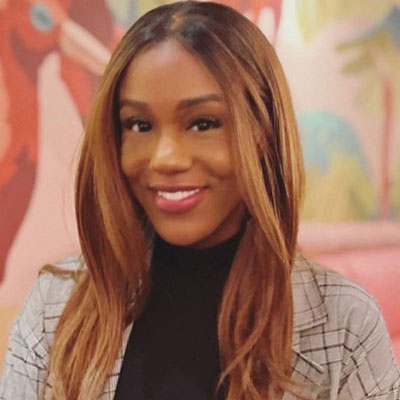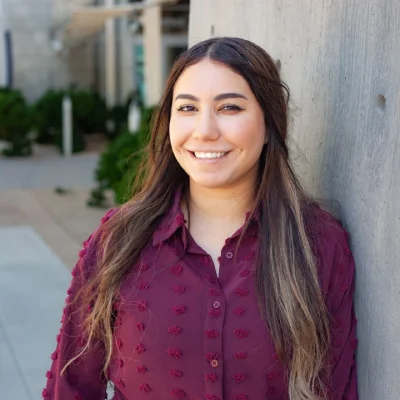Teen/Young Adult Therapy

By Ariah Washington
We all remember the roller coaster ride of highs and lows of being a teenager? In this phase of life many of us begin to figure out who we are and who we want to be. We learn valuable life lessons about friendships, love, and our overall life-paths. We prioritize our social groups and the hallways of our high schools are the daily channels we must navigate between bells. And with all that we endure in this confusing period of life, it is easy to start to feel lost or overwhelmed. This is why having a strong support system is so important.
After a long day of balancing various dynamics and cycling through a variety of emotions and thoughts, having a non-judgmental space to freely discuss anything that is on their minds could contribute greatly to a teen’s confidence and provide them with an emotional release that may not be afforded to them otherwise. Therapy could be that space for them. Thinking back to the moments you struggled as a teen, wouldn’t it have been nice to be able to receive support from someone who could teach you techniques to process your emotions and grow? This is what therapy can offer.
Increasing your child’s support system can make a tremendous difference in their lives. The results could benefit not only the teen, but those closest to them as well. So, if you’re considering pursuing therapy for your teenager, make the move. We will work with you and your teen to find the best match for them and find someone who is willing to work as a team with you both. Teaching your teen early on that they have the power to face challenges and make positive changes for themselves is a lesson that will continue to give back to them for a lifetime.





